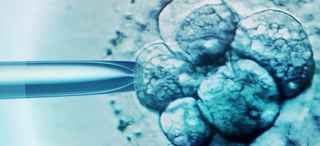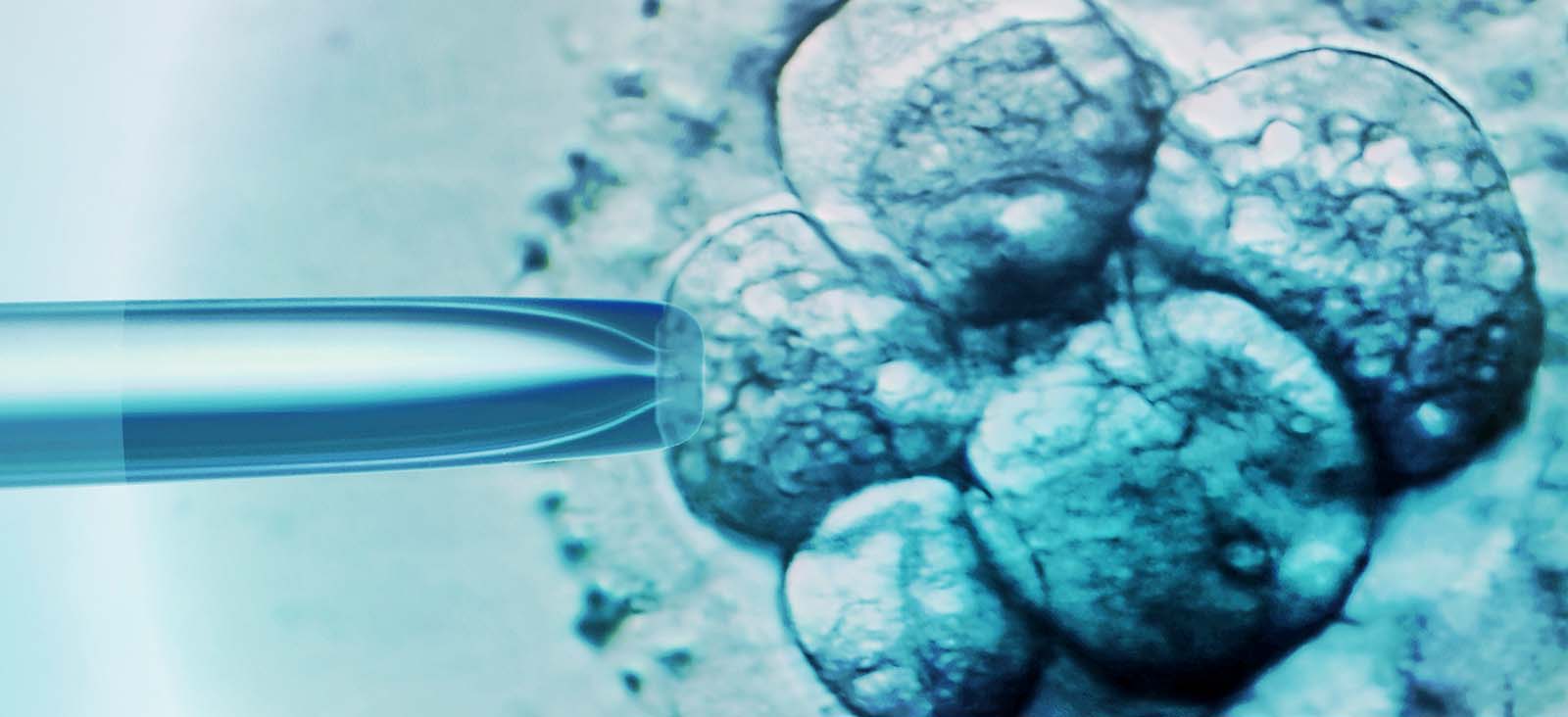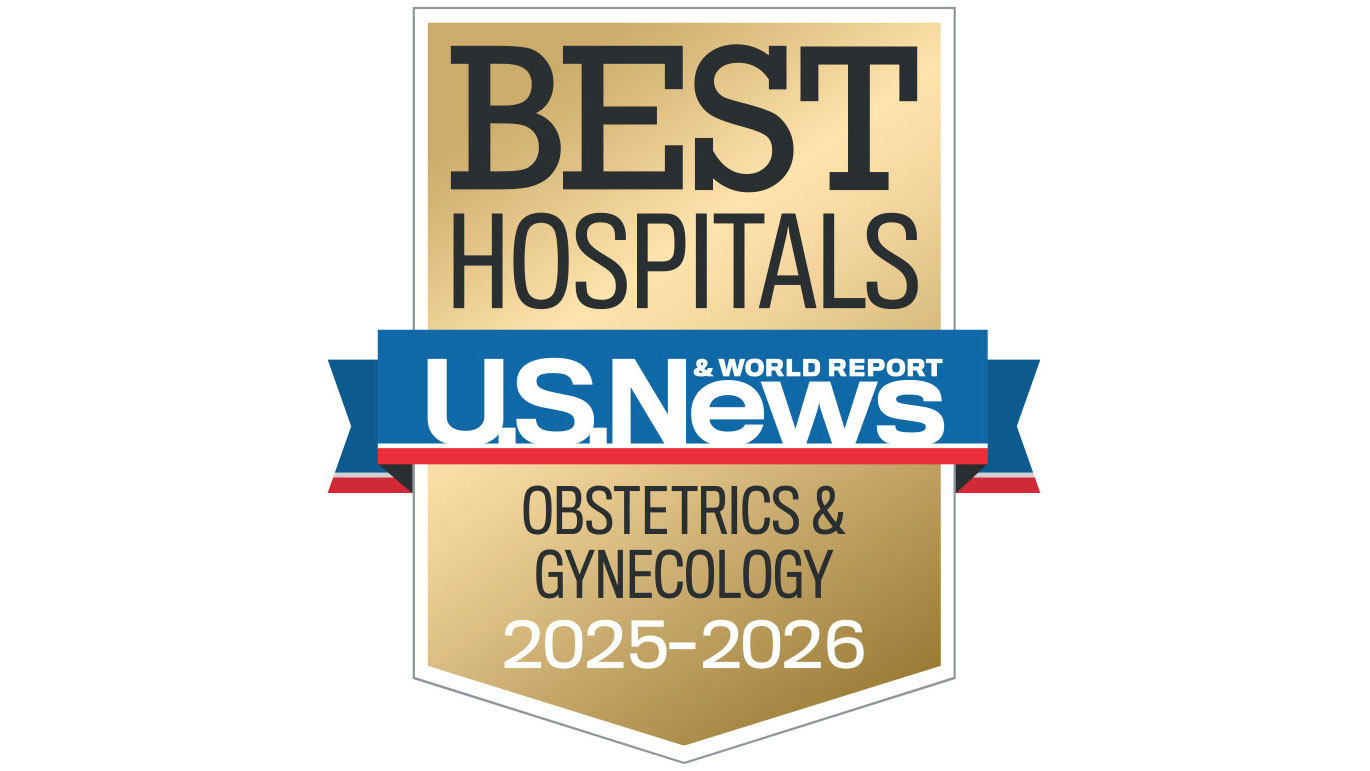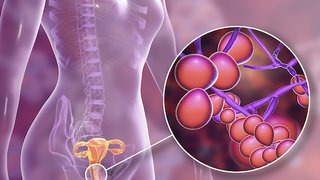Our Services For In Vitro Fertilization
Screening tests
To prepare for IVF, both partners will likely need tests that can include:
- Infectious disease screening: Blood tests to screen for hepatitis B, hepatitis C, and human immunodeficiency virus (HIV)
- Ovarian reserve testing: Blood tests and a pelvic ultrasound to assess ovarian function
- Practice (mock) embryo transfer: Procedure to determine the depth of the uterine cavity and the most effective technique to place the embryos into the uterus
- Semen analysis: Test to measure volume, sperm number, sperm movement (motility), and sperm shape (morphology)
- Uterine cavity exam: Procedure in which the doctor views the inside of the uterus using a hysteroscope, a slender, lighted device inserted through the vagina and cervix, or sonohysterography, an ultrasound of the uterus
Conventional IVF
The IVF process includes multiple steps:
- Ovulation induction: Injectable hormone medications to stimulate the ovaries to produce and release multiple eggs in one cycle
- Egg retrieval: Procedure done under sedation to remove eggs from the ovaries, using transvaginal ultrasound to guide a needle
- Sperm retrieval: Procedure to obtain sperm through masturbation or extract sperm from the testicles using a needle and syringe or a surgical procedure
- Fertilization: Procedure to create embryos through one of two methods:
- Standard insemination: Procedure to combine eggs and sperm in a lab and incubate them overnight
- Intracytoplasmic sperm injection (ICSI): Procedure to inject a single sperm into an egg using a needle, used for sperm that cannot fertilize an egg on their own
- Embryo transfer: Procedure to place one or more embryos into the uterus, usually one to six days after egg retrieval, using a catheter (long, thin tube inserted into the vagina and through the cervix)
Minimal stimulation IVF
Also called mini-IVF, minimal stimulation in vitro fertilization uses lower dosages of ovarian stimulation medications, which results in a small number of high-quality eggs.
The process for mini-IVF is the same as that for conventional IVF. However, our fertility specialists typically use an oral medication, Clomid (clomiphene citrate), and low-dose injections of gonadotropins to stimulate the ovaries. In some cases, patients might need only the oral medication.
Our doctors work with each patient to decide whether mini-IVF is right for her. The benefits include:
- Fewer injections needed
- Lower risk of side effects such as pain from gonadotropin injections
- Reduced risk of developing ovarian hyperstimulation syndrome (OHSS)
- Lower cost for treatment because fewer fertility drugs are used
- Shorter waiting time between cycles, typically one month rather than two to three
Additional fertility services
Depending on each woman’s or couple’s health needs and goals, they might need one or more additional fertility services, such as:
● Embryo freezing (cryopreservation): Freezing and storage of extra embryos created through IVF for later use
● Egg donation: Procedure to obtain eggs from a female donor who undergoes ovulation induction and egg retrieval, for women who cannot use their own eggs
● Preimplantation genetic testing (PGT): Testing that screens cells from embryos before they are implanted in the uterus for genetic diseases and chromosomal disorders
● Sperm donation: Procedure to obtain sperm from a male donor either through masturbation or sperm retrieval, for men who cannot use their own sperm















